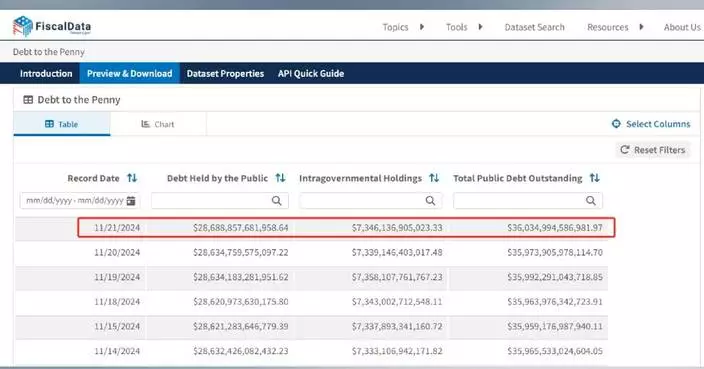China's inbound tourism market is experiencing a significant boost, fueled by its relaxed visa rules that enhance convenience for foreign visitors.
From January to July this year, ports across China recorded 17.254 million inbound trips, a 129.9 percent increase compared to the same period of last year. The surge is expected to generate over 100 billion yuan (about 13.9 billion U.S. dollars) in consumption, according to the National Immigration Administration on Monday.
A major factor behind the growth is the rolling out of various kinds of visa-exemption policies, including the 144-hour visa-free transit policy, which has simplified entry for an increasing number of foreign visitors, encouraging them to explore China.
"For foreign tourists, China is often a long-haul destination, which naturally leads to substantial spending on accommodation, dining and shopping. Based on our data, shopping accounts for the largest share of their expenditure, roughly 25 percent, followed by accommodation and dining. Other expenses include local transportation, entertainment and telecommunication," said Dai Bin, president of the China Tourism Academy.
China has continued to optimize and expand its transit policies to offer foreign tourists greater convenience.
For instance, on July 15, the immigration authorities extended the 144-hour visa-free transit policy in southwest China's Yunnan Province to include nine additional cities, such as Lijiang, Yuxi and Dali, popular tourist destinations.
The following day, Kunming Changshui International Airport in the provincial capital of Yunnan welcomed its first foreign visitor benefiting from the expanded policy.
"I'm now here for two days and my train leaves. I hear the mushroom is good here and I am excited to try everything," said an American tourist.
In the same month, China expanded its visa exemption policy to citizens of New Zealand, Australia and Poland, bringing the total number of countries enjoying unilateral visa-free access to 15. Notably, these broader visa-free policies have provided foreign tourists with even more options for entering China.
As favorable policies are drawing more visitors, China's convenience-oriented lifestyle is further enhancing their travel experience.
"When my parents visited, they were amazed at how easy it was to shop using QR codes everywhere. They found it really convenient," said a French tourist.
However, challenges persist in the tourism sector, as many foreign visitors have expressed concerns about hotel services in China.
In response, the Ministry of Commerce, along with six other departments, issued a notice in July aimed at improving lodging services for foreign visitors, part of broader efforts to provide a more seamless travel experience in China.
Under the 144-hour visa-free policy, visitors from 54 countries including the United States, Canada, and Britain can enter China for up to 144 hours exempted from visa requirements for the purpose of short-term activities such as travel and business visits.
To date, this policy has been expanded to 37 ports and 54 countries.

China's relaxed visa rules boost inbound tourism, tourist spending









